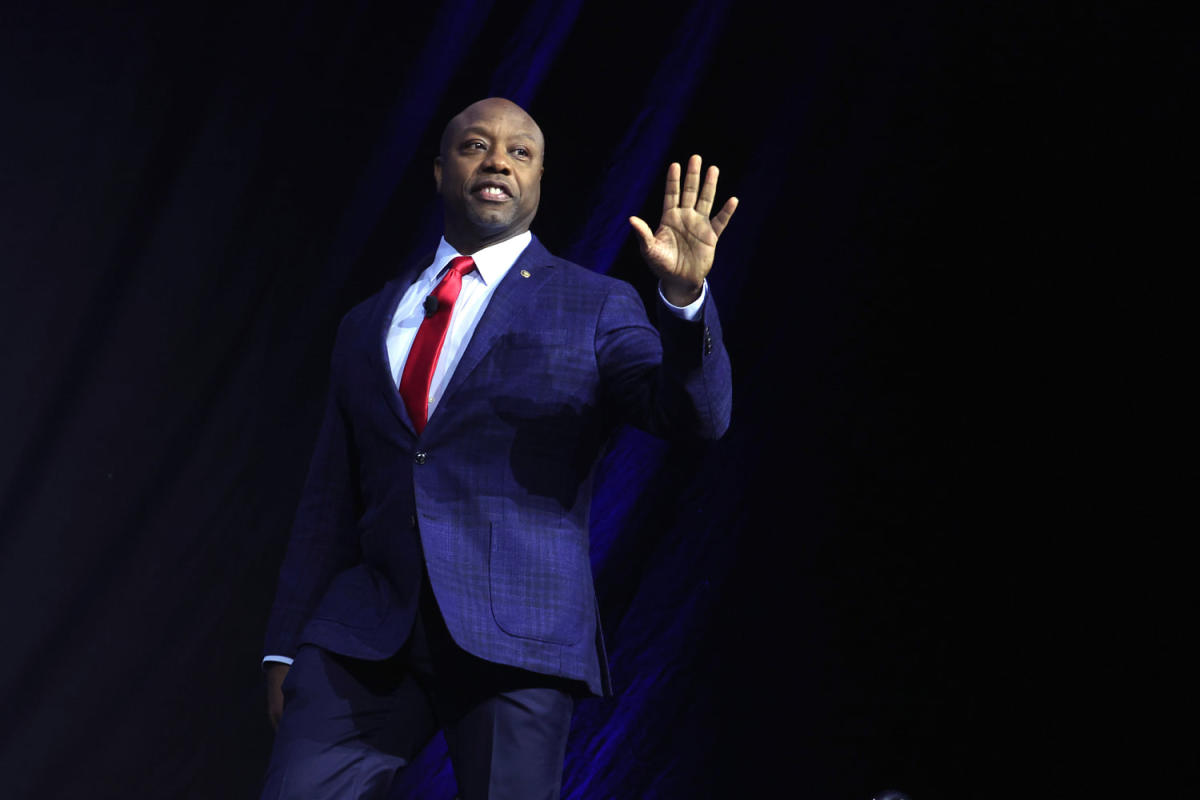Criminal trials boil down to one issue — did the defendant do it? Civil trials have two big questions. Did the defendant do it, and if so what was the financial harm?
The NFL’s last major antitrust trial, from 38 years ago, resulted in a finding that the NFL did violate the law as to the USFL, but that the USFL failed to prove any financial harm. In the ongoing Sunday Ticket trial, the testimony has pivoted to competing economic expert witnesses regarding the losses to consumers resulting from the NFL’s alleged antitrust violations.
Financial damages take on even greater importance in antitrust cases, since by law the amount gets tripled after the verdict is entered.
Here’s where we press pause to make a big-picture assessment. This is a major trial that could result in a billion-dollar verdict against the NFL and that could force the league to revolutionize the way games are distributed to consumers. And hardly anyone is covering it. We’ve had to constantly search for any bits and pieces we can find, and we’re often finding them in non-mainstream news sites.
Via Craig Clough of Law360.com, Thursday’s testimony featured the last witness from the plaintiff’s case-in-chief and the first witness from the defendant’s case-in-chief. Both are economic experts who battled over the impact of the alleged effort to keep the price of Sunday Ticket high — and to keep the number of subscribers low.
That’s how it almost always goes in cases where the losses require careful analysis and calculation. The plaintiff has high numbers, and the defendant pokes holes in the calculation and/or presents lower numbers.
Earlier in the week, Daniel A. Rascher (the director of academic programs and a professor in the sport management master’s program at the University of San Francisco) testified that the damages exceed $7 billion. On Thursday, John Douglas Zona, who has a Ph.D. in economics from the State University of New York at Stony Brook, testified that the price for Sunday Ticket was 24.6 percent higher than the “sweet spot” where profits would have been maximized.
He described the difference as an “NFL tax,” since the league allegedly required DirecTV to use a higher price than DirecTV wanted to charge.
On cross-examination, Zona acknowledged that his calculations showed the average price actually paid by consumers for Sunday Ticket was $102.74. (As someone who has paid A LOT more than that for 27 years, it would have been nice to know there was a much cheaper way to go, short of piracy.)
The plaintiffs apparently rested after Zona’s testimony, because on Thursday afternoon the NFL called Ali Yurukoglu, a Stanford University economist. His testimony focused exclusively on attacking Zona’s work. He’ll be back on the stand when the trial resumes on Monday.
Typically, the jury will glaze over during this kind of testimony. The challenge for the lawyers representing the plaintiffs will be to load the jury up with the right numbers (as supported by the trial evidence) during closing argument. If the jury believes the NFL violated the law, the jury will need to be able to attach a number to it. That number needs to be supported by the evidence.
The NFL, in addition to arguing that it didn’t do anything wrong, will try to show that the plaintiffs’ numbers aren’t reliable. That way, the NFL has a chance to do what it did in 1986.
Lose the liability battle, but win the damages war.

Daniel Miller is a sports fanatic who lives and breathes athletics. His coverage spans from major league championships to local sports events, delivering up-to-the-minute updates and in-depth analysis for sports enthusiasts.








